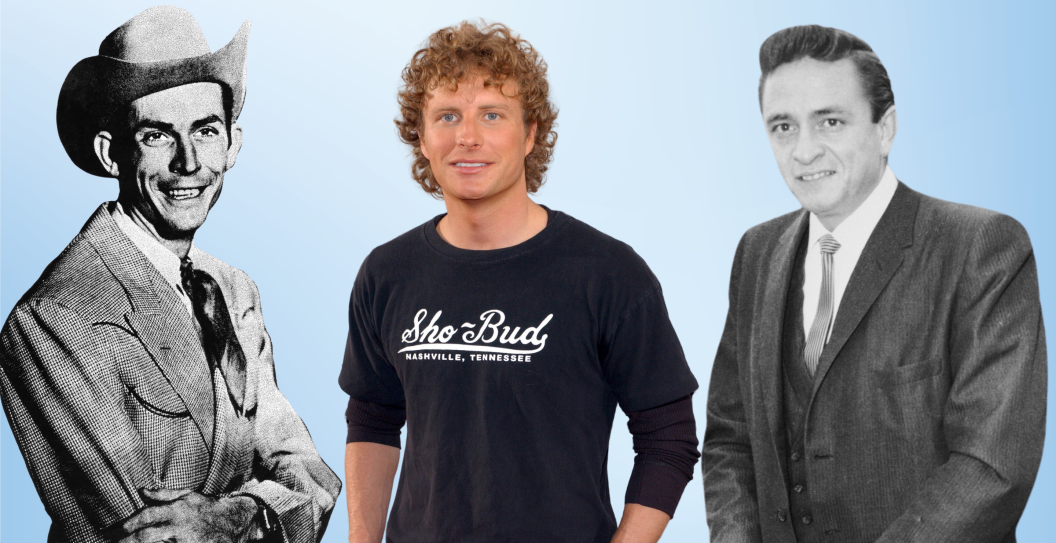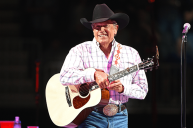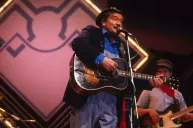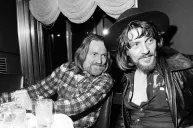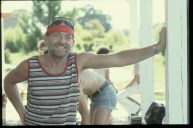The Grand Ole Opry is often described as country music's biggest family. But unlike your actual family, the Opry will straight up kick you out. Over time, a variety of transgressions have gotten artists in trouble, from inebriated behavior to off-script or off-color comments.
The show started in 1925 as a simple radio broadcast on the Nashville station WSM 650 AM. Back then, live radio gigs were crucial for country stars to find a wide audience.
Opry management has since inducted more than 200 current and former artists into the venue's inner circle. There's no guaranteed way to get an invitation, but the Opry says it's all about relationships. According to the Grand Ole Opry website, "Opry membership requires a passion for country music's fans, a connection to the music's history, and it requires commitment... The decision to bring a new act into the Opry fold is a two-pronged one, based on a combination of career accomplishment and commitment.
"But, really," it continues, "it comes down to just one word: relationships. The relationships between performers and fans. The relationships Opry members have with each other, relationships that may last for decades. And, perhaps most importantly, the relationship between each artist and the ideal of the Grand Ole Opry." Heavy stuff.
You don't necessarily have to be a member of the Opry to play at the Opry. Hundreds of special guests and prospective members play the venue every year— many of whom make their coveted Opry debut. But members and guests alike better respect the honor to step in the stage's hallowed circle— or, in Niko Case's case, to play an Opry-endorsed event. Just ask these artists who were banned from either the Opry House, which opened in 1974, or the show's prior home, the Ryman Auditorum.
Terry Wyatt/ACMA2021/Getty Images Dierks Bentley is such an outlaw, he managed to get banned before he even got famous. Okay, it's not quite what it seems. Bentley actually had a job at now-defunct TV station TNN (The Nashville Network) as a researcher. Being so close to the Opry, he'd stay late on weekends and slip backstage to mingle with the artists. Finally, Opry management kicked him out. But Bentley had the last laugh, getting inducted in 2005 and going on to be one of the Opry's most revered modern members. He's the only one on this list whose Opry House debut —much less their Opry induction— came after getting banned. Nowadays, Bentley keeps an open-door policy backstage to encourage others to hang out— hopefully without the same consequences he faced. "We leave the door to our dressing room wide open so people can come in and say hi, and if we're not getting ready, then I want to be on the stage watching the other bands... just remembering what it feels like to be part of the audience," he told the Opry's website. "I don't ever want to lose that feeling of being a fan." Photo by Robin Little/Redferns This one is a bit odd. In 2001, indie rocker and alt-country icon Neko Case got the opportunity to play the Grand Ole Opry Plaza Party, an outdoor event sponsored by the Opry. In the sweltering July heat, Case repeatedly asked for water or to take a break to offset her fear of impending heatstroke. But, to no avail. So the singer-songwriter took her shirt off, revealing her bra to the crowd for the rest of the set. Anybody familiar with summer festivals knows that outdoor daytime sets and exposed bras go hand in hand, but the Opry banned Case. "There was nothing 'punk rock' about being kicked off the Opry," Case told Rolling Stone in 2015. "I was having heat stroke, trying not to barf or pass out. It just sucked. I was a perfect storm. There is no awesome, 'I stuck it to the man' story behind it." Hulton Archive/Getty Images This one comes as no surprise. In fact, most people saw a reenactment of the moment that got Cash kicked out of the Opry in the Oscar-winning biopic "Walk The Line." That scene where he drunkenly bashed out the stage lights with a microphone stand? It definitely happened. And it definitely earned Cash a ban from the Opry in 1965. Well, for three years, at least. He eventually returned to host a TV variety show and other broadcast from the historic Ryman stage beginning in 1969. David Redfern/Redferns After 15 years on the show, Skeeter Davis went too far on air one night. At least in the eyes of the Opry. Perhaps at the height of her career, Davis began a Dec. 8, 1973 performance by criticizing local police. Earlier in the week, throngs of Bill Lowrey's Christ Is The Answer Crusade descended upon Nashville to street preach. Police arrested 11 of the 200 members when customers at the nearby mall complained of harassment. Davis, who witnessed the ordeal, began her Opry performance that night by saying, "This is really something that I should share. I didn't ask our manager, but they've arrested 15 people just for telling people that Jesus loves them. And that really burdened my heart, so I thought I would sing you all this song." The Opry promptly banned her for the unrehearsed on-air criticism, though she was reinstated a year later. Bob Grannis/Getty Images Yes, even the greatest of all time went too far and faced consequences. Williams may now be untouchable country music royalty, but in 1952 he struggled with addictions, which peaked around the same time as his fame. Due to Williams' drunkenness and unannounced absences from shows, the Opry gave him the boot on Aug. 11, 1952. The country icon tragically passed away only months later (on Jan. 1, 1953). Fans have been petitioning to posthumously reinstate Williams for years. Evening Standard/Getty Images Jerry Lee Lewis was never technically banned from the Opry, but he broke its two biggest rules. In 1973, Lewis experienced a bit of a career revival, thanks in part to new country-leaning tunes. When he was invited to play, the Opry asked him to refrain from singing any of his rock n' roll songs. And, seeing as it's a live radio show, to not curse. That was all out the window in a few minutes, when Lewis said, "Let me tell you something about Jerry Lee Lewis, ladies and gentlemen: I am a rock 'n' rollin', country-and-western, rhythm and blues-singin' mother******!" He proceeded to play five times the length of a normal Opry set and brought the crowd to its feet. Cursing remans a no-go. Though the consequences of her actions aren't clear as of Jan. 25, 2024, Elle King caused a similar stir with her profanity-laden appearance on Jan. 19, 2024 during the Opry's 78th birthday party for Dolly Parton. Michael Ochs Archives/Getty Images Yep, the Grand Ole Opry was strictly a no-drums affair for decades after it first opened. Bob Wills (pictured above) ignored the Opry's rules in 1944 and brought a drummer, making him the (disputed) first artist to ever do so. Every now and then for the next three decades artists like Jerry Reed broke the rules without ruffling too many feathers. But full-time use of drums wasn't allowed until a management shift in 1974. There could be plenty of reasons to not allow drums. On one hand, technology at the time made it hard to broadcast music cleanly, and a big, loud drum set may disrupt the storytelling element of certain songs. On the other, the Opry was a very traditional affair, and many saw the shift to drum usage in the 1950s as "not real country." That's right. Even in the '50s (and before that), people were saying that newfangled music ain't "real country."Dierks Bentley
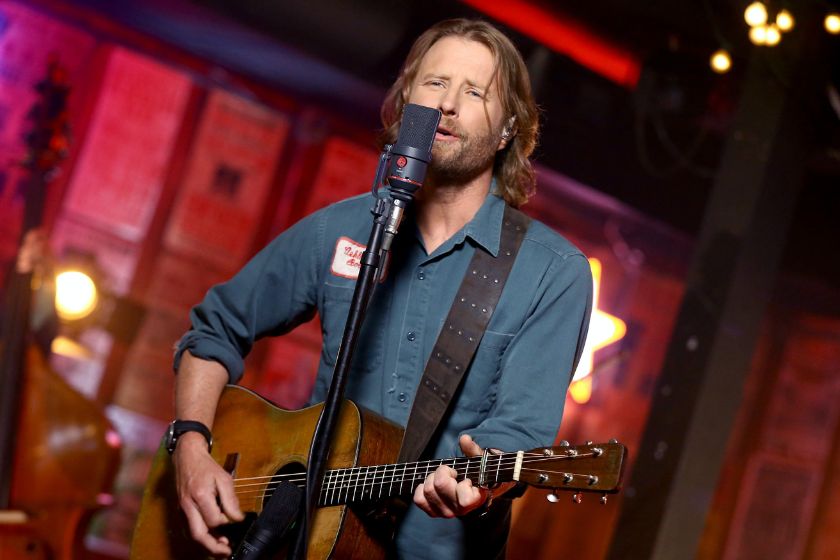
Neko Case
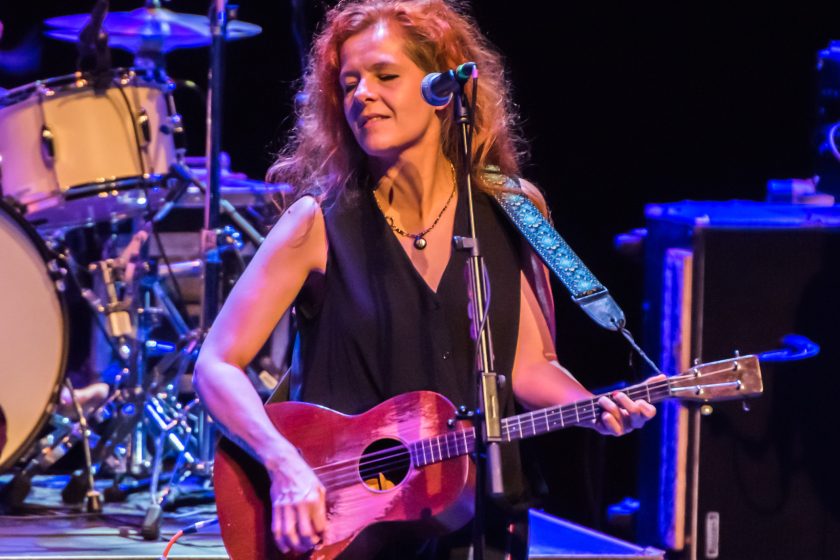
Johnny Cash
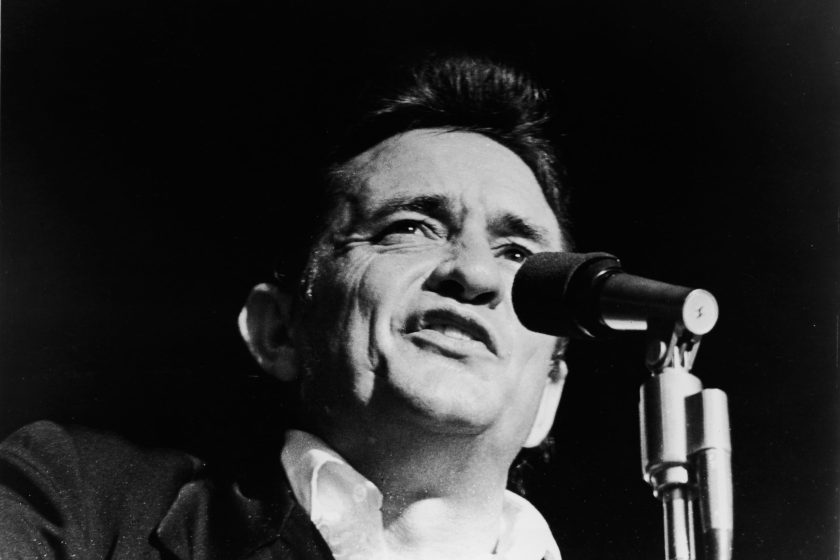
Skeeter Davis
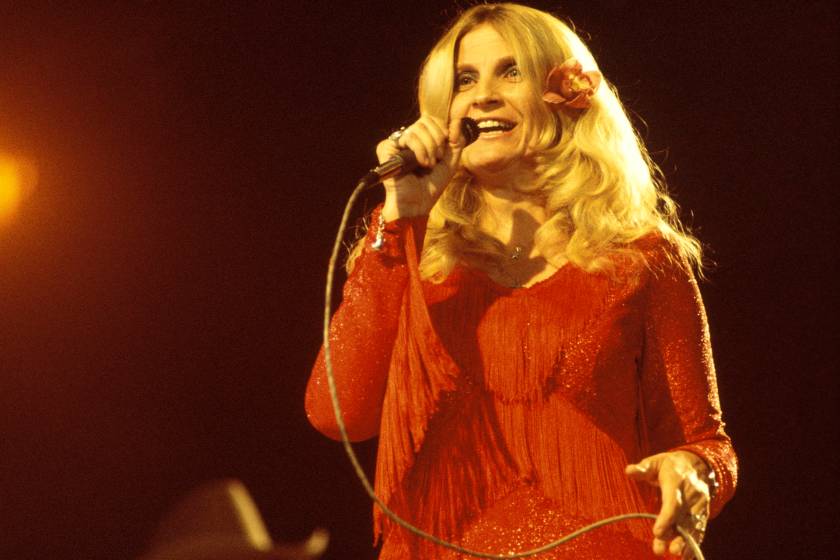
Hank Williams
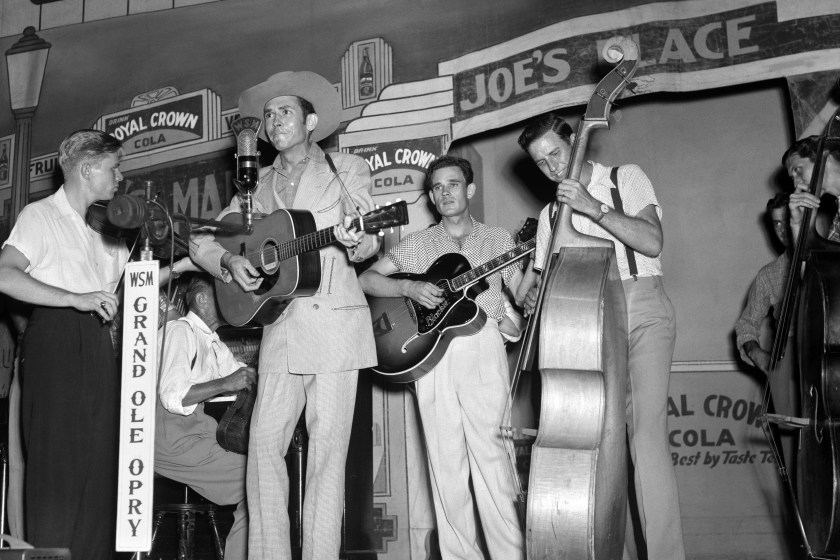
Dishonorable Mention: Jerry Lee Lewis
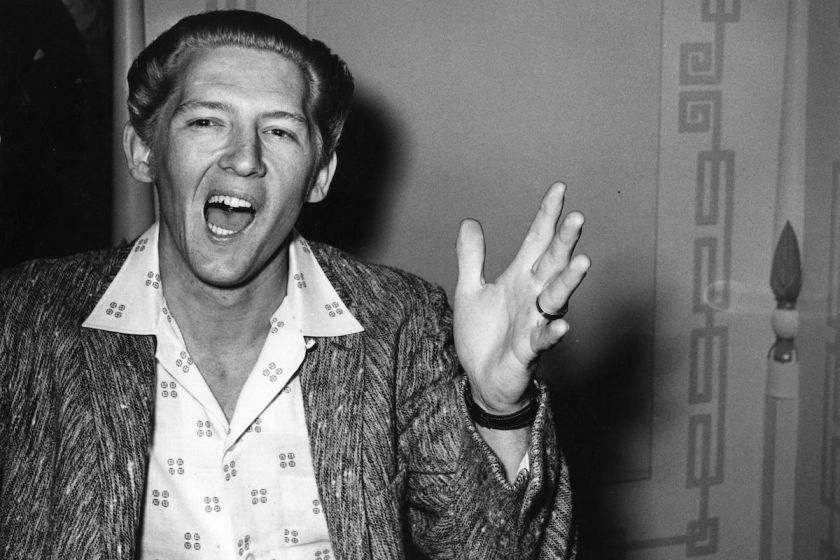
Also Banned: Drums
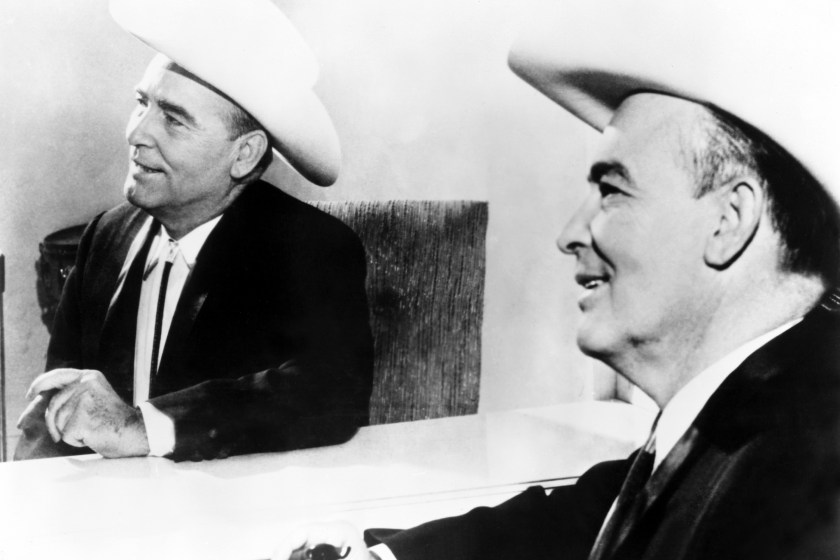
Editor's Note: This article first ran in 2018.
READ MORE: Jennifer Garner Says Her West Virginia Hometown is 'Not Impressed' When She Visits
